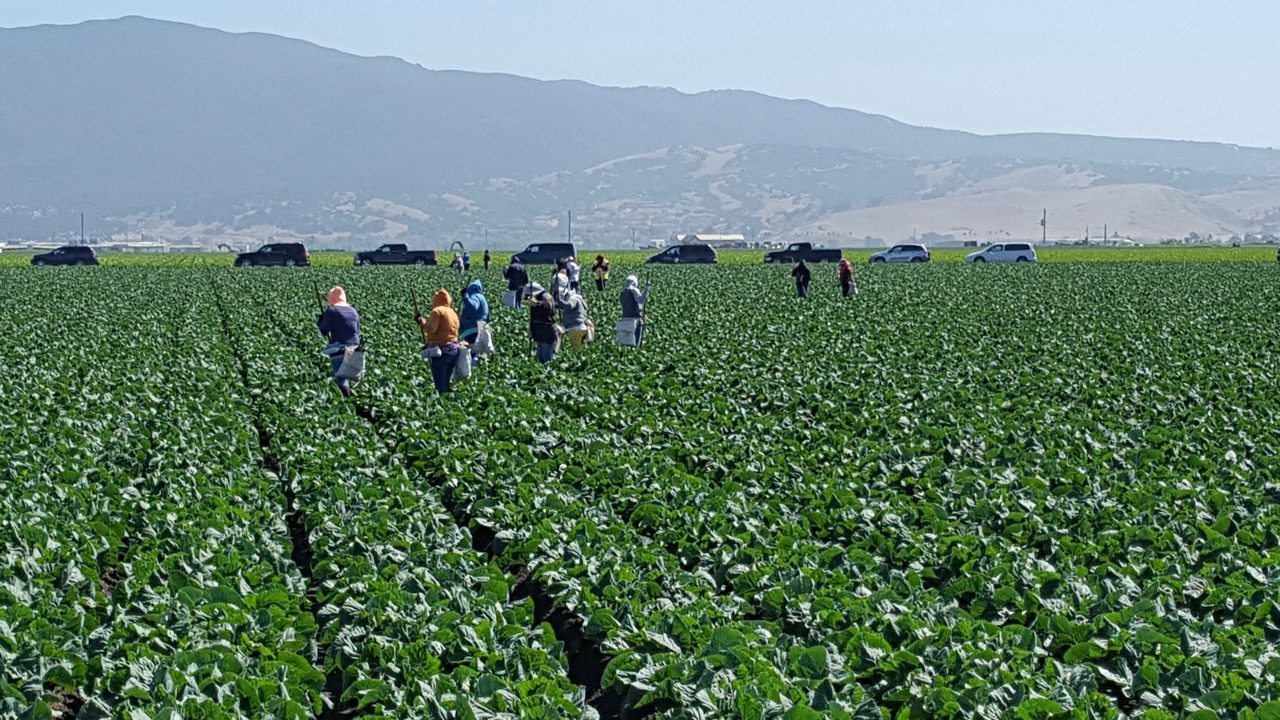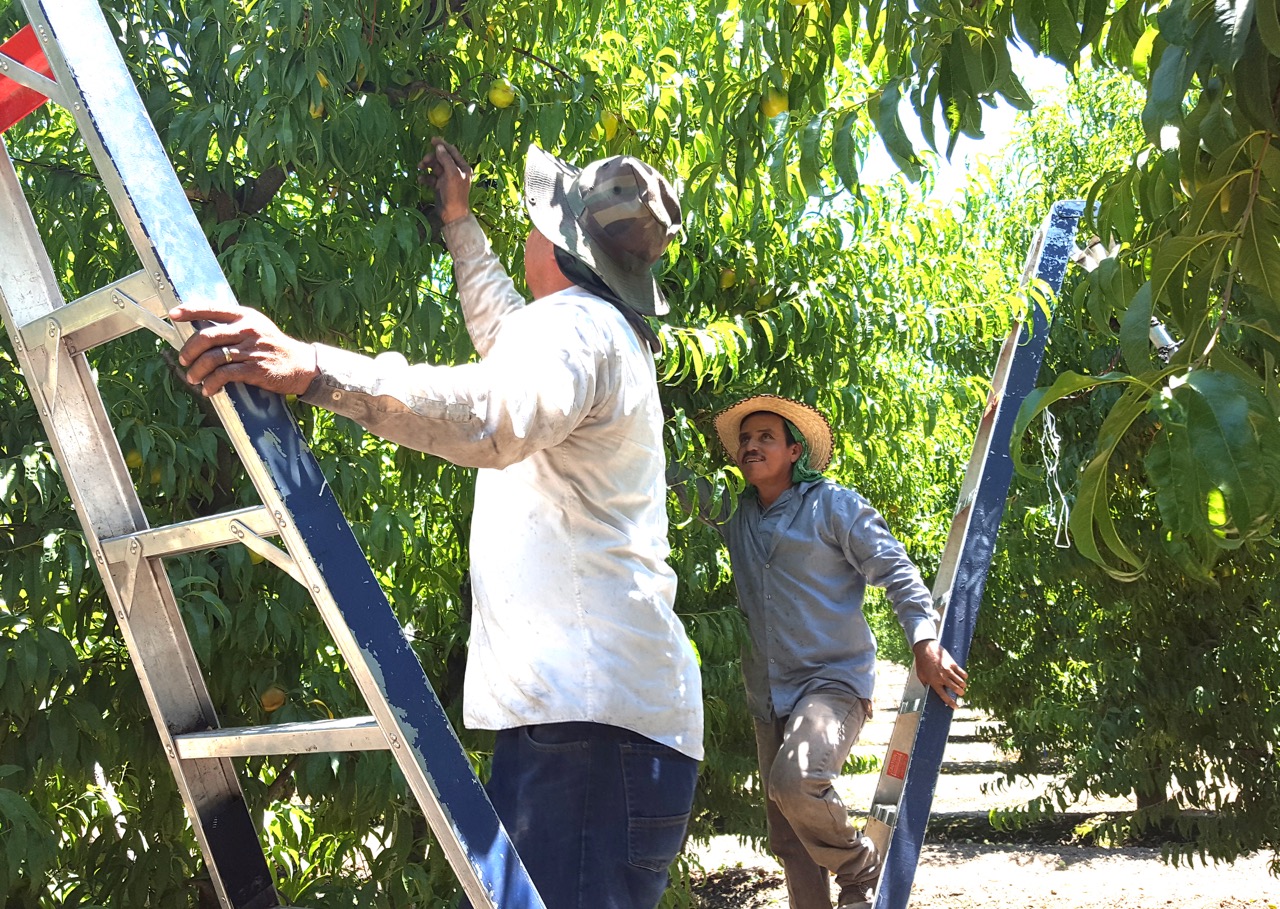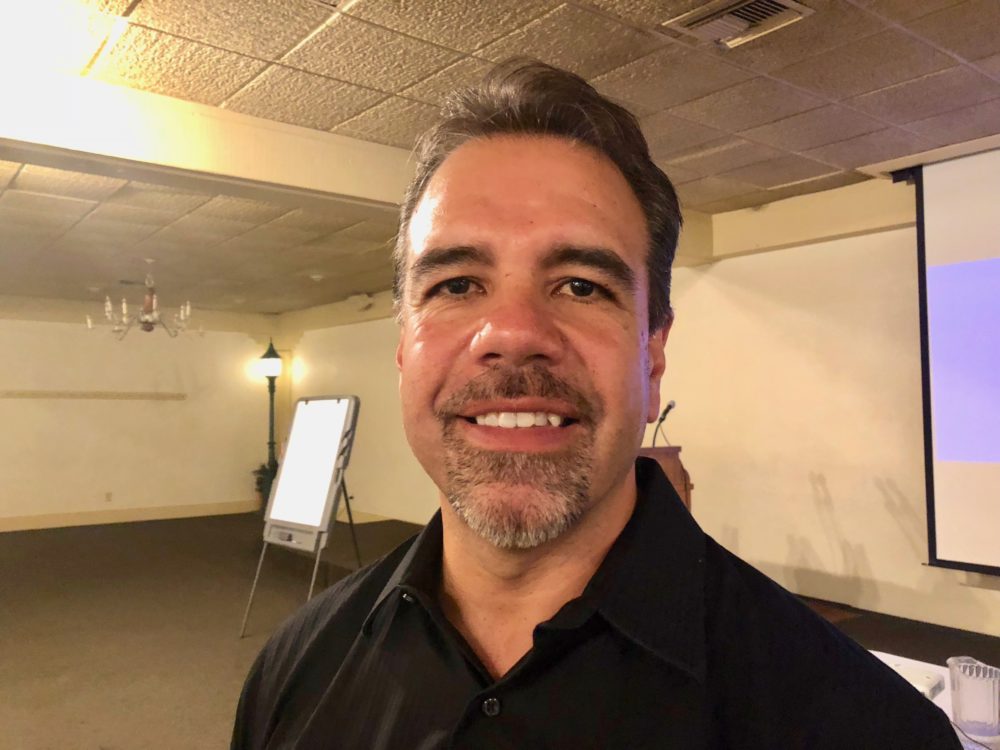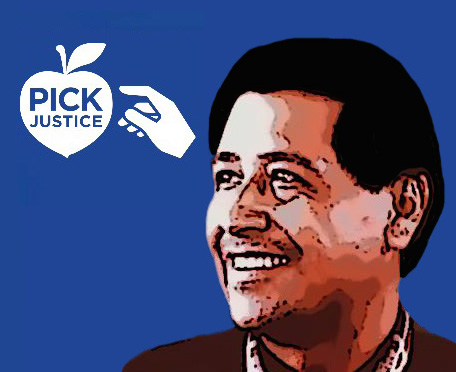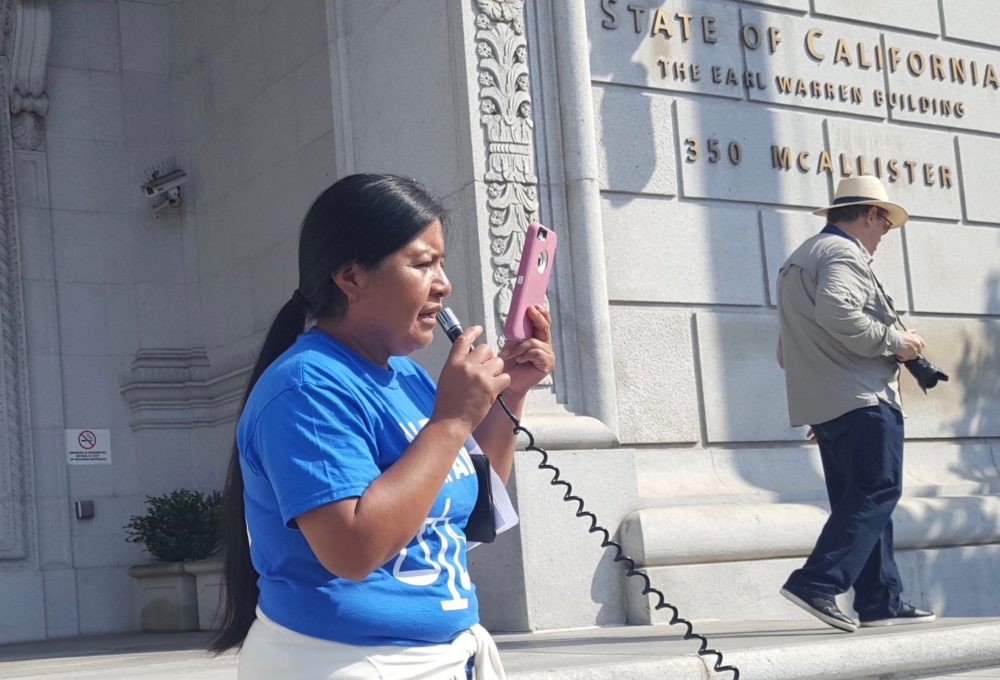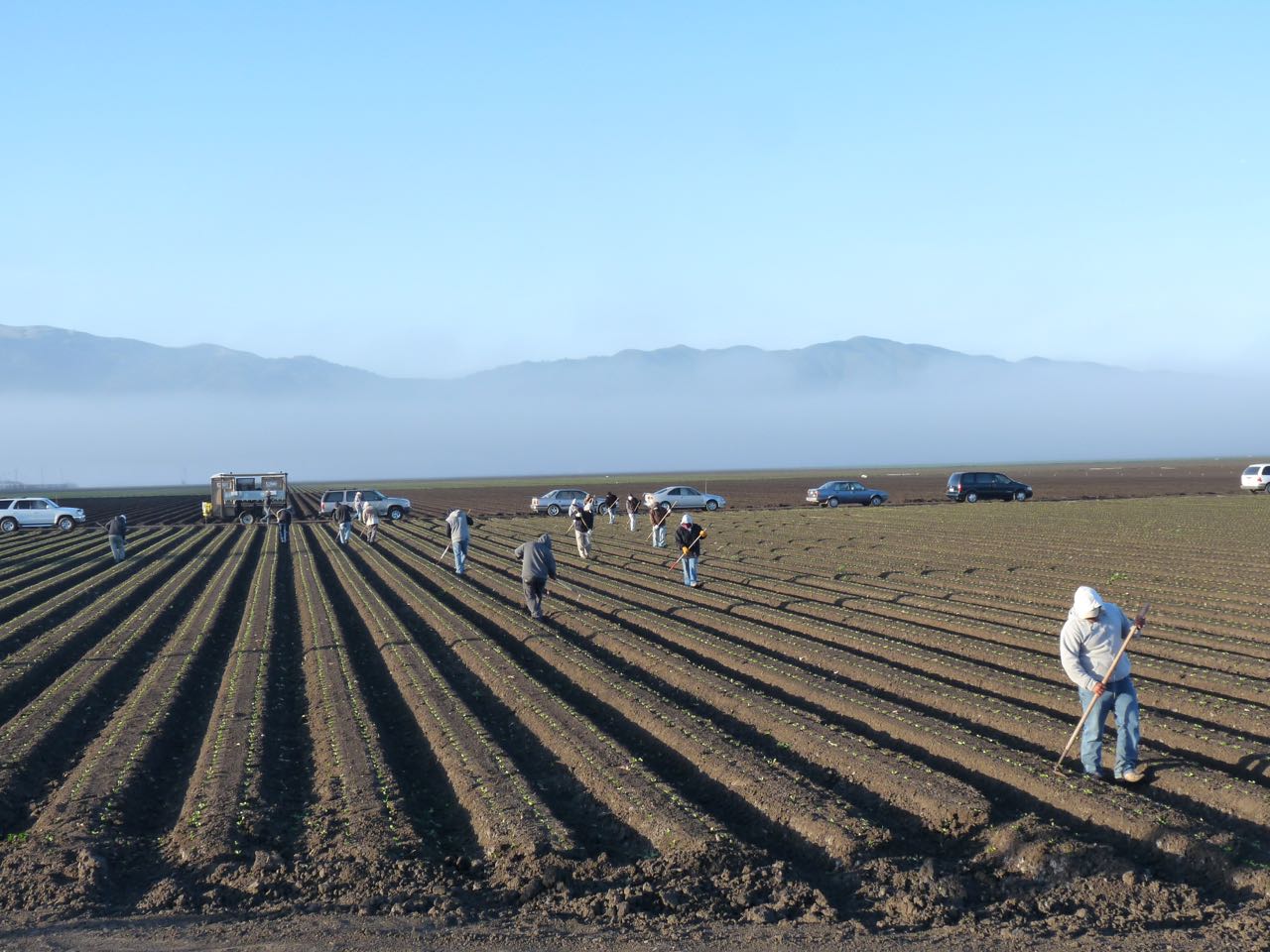COVID Testing Onerous on Ag
Agricultural Coalition Challenges Cal/OSHA Emergency Standards
By Tim Hammericah with the AgInformation Network
A coalition of agricultural and business employers filed a lawsuit in Los Angeles Superior Court challenging the COVID-19 related emergency temporary standards.
“It’s addressing a problem that wasn’t there and creating a problem for our growers. It has not demonstrated that it actually protects workers, and certainly makes farmers and ranchers vulnerable for stiff fines and penalties without really protecting the health of our employees,” said Jamie Johansson, president of the California Farm Bureau, which is part of the coalition.
He says employee safety is of the utmost importance to farmers and ranchers, but these rules place unrealistic burdens on producers, especially those in rural areas.
“The first is mandatory, no-cost testing, which means that you have to test all of your employees on a regular basis. And we know in rural California, that from the beginning, having those tests available in rural California has been problematic, and that they’re not available,” noted Johansson. “So it doesn’t take into account, the chance that we wouldn’t even have the availability to do the required testing. And also the discrepancy in the cost of those tests in rural California. We’ve seen anywhere from $150 to $200 a test, to free if you’re in the urban areas. So then another burden placed on us as well,” Johansson said.
Johansson also points to the fact that the regulations will reduce or eliminate agricultural housing during a statewide housing crisis. “A reduction in already-scarce housing will directly impact farmworker communities and harm rural economies across the state that depend on agriculture,” Johansson noted

